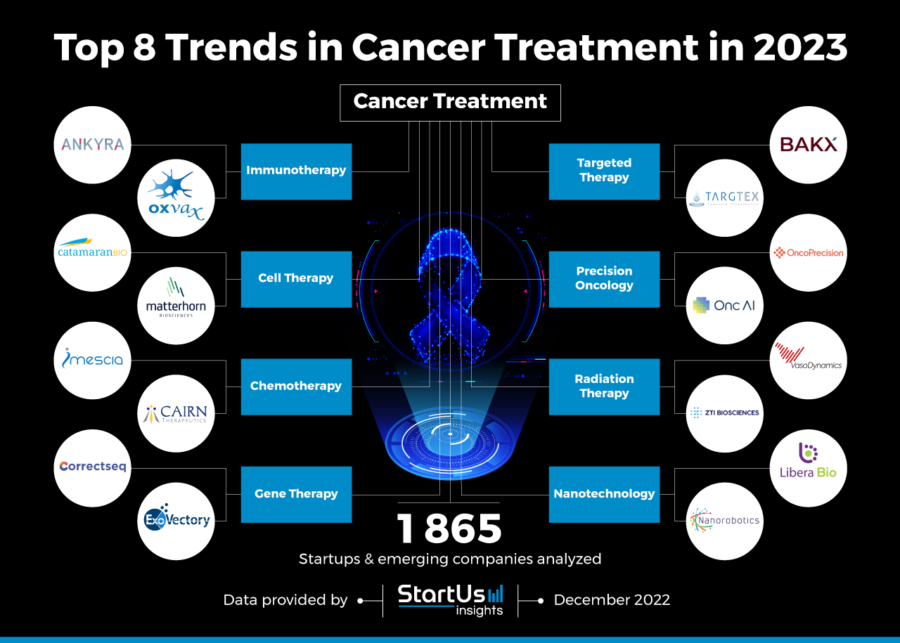Imagine a world without the internet, smartphones, or even the humble printing press. These revolutionary inventions, once mere glimmers in the minds of innovators, reshaped society and forever altered the course of human history. What sets these innovations apart from the countless others that never gained traction? What secret ingredient fuels their transformative power? The answer lies in a single, powerful attribute: user value.

Image: www.slideshare.net
Breakthrough innovations are not simply novel creations; they are solutions born from a deep understanding and empathy for the needs, desires, and frustrations of their intended users. They seamlessly integrate into people’s lives, offering convenience, efficiency, and ultimately, a sense of empowerment. This article delves into the fascinating phenomenon of user value, exploring how it acts as the catalyst for technological revolutions and why it holds the key to unlocking the potential of future innovations.
The Genesis of User Value: From Necessity to Innovation
The pursuit of user value is as old as humanity itself. Our ancestors, faced with the challenges of survival, created tools and strategies that directly addressed their most pressing needs. The invention of the wheel, for instance, was a direct response to the need for more efficient transportation and the movement of heavy objects. This fundamental desire to simplify and improve our lives has always been the driving force behind innovation.
Fast forward to the modern era, and the same principle applies, though its nuances become far more complex. The rise of the internet, for instance, was not merely about connecting computers; it was about connecting people and creating a vast, accessible repository of information. It was about breaking down geographical barriers, facilitating global communication, and empowering individuals to share their ideas and experiences with the world.
Beyond Functionality: The Human Element
While functionality plays a crucial role in determining an innovation’s success, it is not the sole defining factor. A true breakthrough innovation goes beyond meeting basic needs; it anticipates and satisfies the user’s inherent desires and aspirations. Think of the smartphone, a device that transcends its core function of communication. It offers entertainment, productivity, and an unprecedented level of connectivity, transforming the way we interact with the world around us. This ability to tap into the user’s emotional landscape, to create an experience that resonates deeply, is the hallmark of a truly impactful innovation.
The Art of User-Centric Design
Breaking down the concept of user value into its component parts reveals a multi-faceted approach to innovation. Here are some key elements that contribute to the creation of user-centric products and services:
- Understanding User Needs: This involves conducting thorough research and analysis to identify user pain points, motivations, and aspirations. Empathy plays a crucial role in this process, allowing innovators to tap into the emotional core of the user experience.
- User-Focused Design: The design process should prioritize user-friendliness and accessibility. Intuitive interfaces, simple navigation, and clear instructions are essential for a seamless user experience.
- Iterative Development: Continuous feedback loops are vital for refining and improving the product or service. This can be achieved through user testing, usability studies, and regular user surveys.
- Customization and Personalization: Tailoring the user experience to individual preferences and needs can greatly enhance the overall satisfaction level. This approach often involves incorporating AI and data analytics to personalize product recommendations, offer customized settings, and create tailored content.

Image: www.startus-insights.com
The Future of User Value: Embracing Complexity
In a rapidly evolving technological landscape, the concept of user value is becoming even more nuanced. With the advent of artificial intelligence, the Internet of Things, and the rise of personalized experiences, innovators face new challenges and opportunities. To succeed in this complex environment, a deeper understanding of user needs, desires, and ethical considerations is imperative.
Emerging trends point to a future where user value is defined by:
- Accessibility for all: Innovations should be designed to cater to diverse users, regardless of their abilities, backgrounds, or cultural context.
- Transparency and trust: Users demand transparency in data collection and usage, along with clear communication about the ethical implications of the technology.
- Sustainability and societal impact: The focus is shifting towards innovations that contribute to a more sustainable future and address pressing social issues.
Expert Insights: A Call to Action
Renowned innovators like Steve Jobs, Elon Musk, and Tim Cook have championed the importance of user value in their respective fields. Jobs famously stated, “You’ve got to start with the customer experience and work backwards to the technology,” highlighting the fundamental importance of user needs in the innovation process. Similarly, Musk emphasizes the importance of creating products that are not only technologically advanced but also genuinely improve the lives of users.
As individuals and businesses, we all have a role to play in fostering a culture of user-centric innovation. By adopting a user-first mentality, embracing empathy and understanding, and actively seeking feedback, we can pave the way for breakthroughs that truly make a difference in the world.
Identify An Attribute Of Breakthrough Innovations
Conclusion: The Power of User Value
Ultimately, the pursuit of user value is not simply a business strategy; it is a moral imperative. It is the foundation upon which we build a better future, one where technology empowers, connects, and inspires. As we embark on this journey of innovation, let us remember that true progress lies not in the mere creation of new things, but in the creation of things that enrich, uplift, and empower the lives of those we serve.





